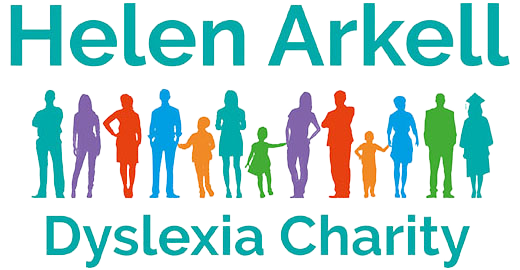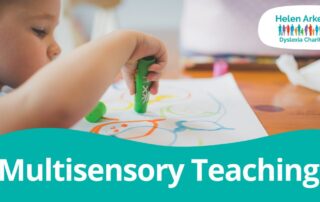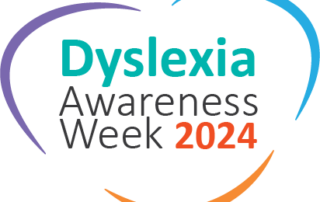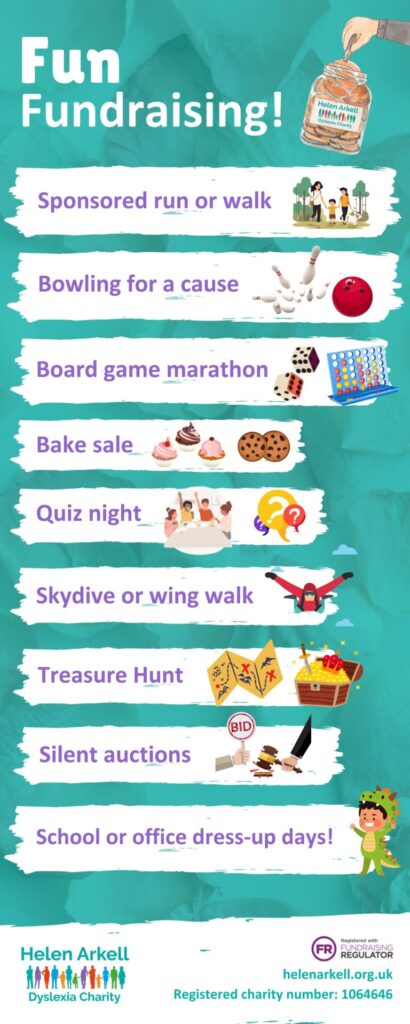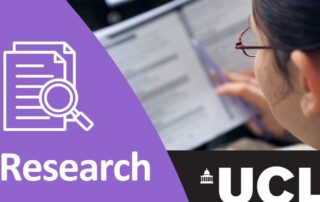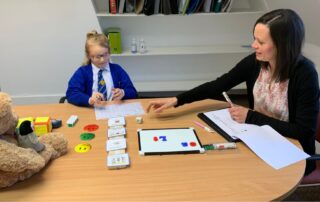Multisensory Teaching- SEN Magazine Article by Claire Harvey
Enhance Teaching with Multisensory Techniques!
Did you know that engaging all senses in learning can make education more effective and memorable? Claire Harvey, our Head of Education at Helen Arkell Dyslexia Charity, shares insightful strategies on using multisensory teaching to cater to neurodiverse learners. This approach transforms learning into a whole-brain exercise, ensuring content sticks and knowledge transfers to long-term memory.
Discover the full potential of multisensory teaching in Claire’s article in Special Educational Needs Magazine, July/August 2024 edition.
Read it now: https://senmagazine.co.uk/sen-online/sen131_4y2g/#p=13
